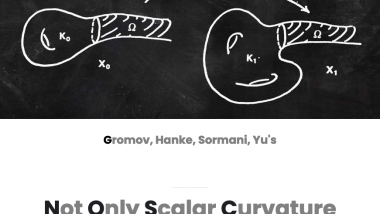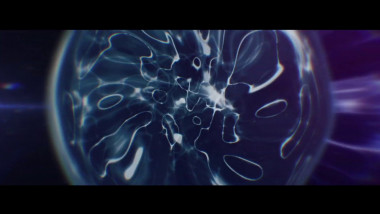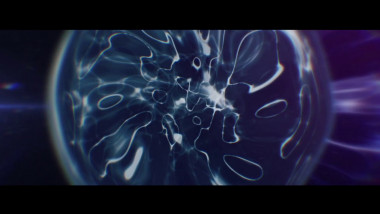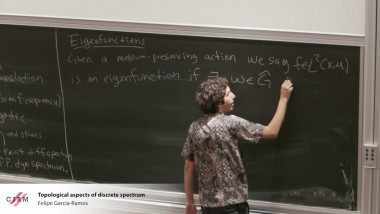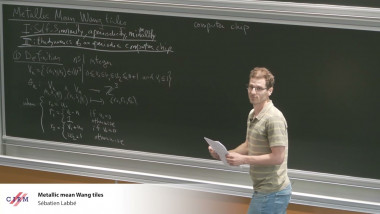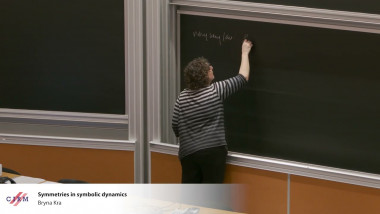The global overturning circulation of the ocean
De Paola Cessi
Revolutionary observational arrays, together with a new generation of ocean and climate models, have provided new and intriguing insight into the Atlantic Meridional Overturning Circulation (AMOC) over the last two decades. Theoretical models have also contributed to changing our view of the AMOC, providing a dynamical framework for understanding the new observations and the results of complex models. Recent theoretical advances on the processes maintaining the AMOC, the mid-depth and abyssal stratification are discussed, together with the conceptual understanding that has resulted. Recent theoretical models are discussed that address issues such as the interplay between surface buoyancy and wind forcing, the extent to which the AMOC is adiabatic, the interaction between the mid-depth North Atlantic Deep Water cell and the abyssal Antarctic Bottom Water cell, the role of basin geometry and bathymetry, and the importance of a three-dimensional multiple-basin perspective. These theories show that dynamics in the Antarctic circumpolar region are essential in determining the deep and abyssal stratification. In addition, they show that a mid-depth cell consistent with observational estimates is powered by the wind stress in the Antarctic circumpolar region, while the abyssal cell relies on interior diapycnal mixing, which is bottom intensified. Simple theoretical models remain a vital and powerful tool for articulating our understanding of the AMOC, the global overturning circulation, the deep stratification and identifying the processes that are most critical to represent in the next generation of numerical ocean and climate models.



